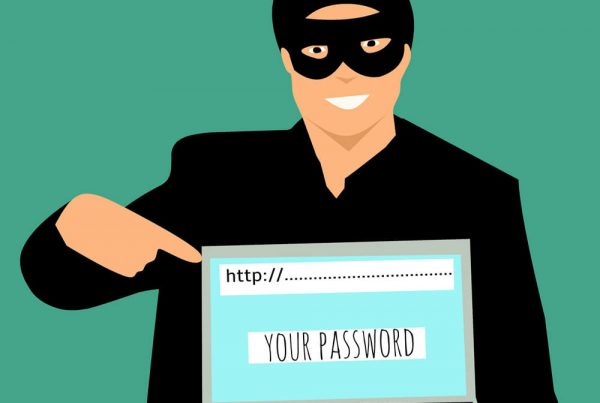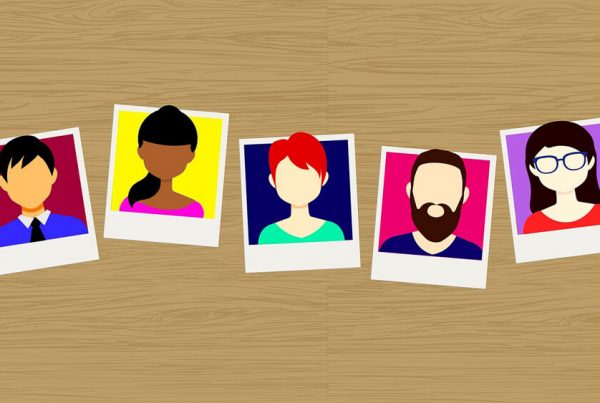
Believe it or not, learning is a skill…and it can be learned.
When you choose to get a degree from an online university — especially one with a competency-based education model — knowing how YOU learn best will make a big difference in your experience.
First, and this may seem obvious, you need to know how to use a computer and a variety of different software applications such as word processors, spreadsheets, presentations, video creation/editing.
Then, you also need to learn the school’s applications for your program, your courses, your exams, and other ancillary systems.
Next, you can start digging in to learning the subjects that are core components of your education.
Now, while you are usually provided with instructions for how to do most anything required for school, and you have instructors, advisers, and peers that are available to you through online means (and even phone calls), as an online student, much of your work will be done on your own during hours that are most available/possible for you. (For many, that will be the middle of the night. We completely understand.)
This is called “independent learning” and it is a skill that the most successful university students develop. It is also, for many, more challenging than they might suppose. Yes, online education is convenient and straightforward, but not necessarily easy.
We won’t kid you, being an online student is tough. Your life is already full, and you commit to sacrifices in order to earn that college degree that will make new opportunities and dreams possible. It will take some time to complete (though with acceleration options at New Charter, you can complete your degree faster and save money.)
Setting yourself up for success in learning will enable you to make the most of your online education.
New Charter’s Sue LeBeau, Ph.D. shares some sensible strategies for learning as an online student.
LeBeau says that a clear understanding of how the learning process works is critical to helping yourself learn. She discusses four phases of the learning cycle.
- Be Prepared
- Absorb Information/Knowledge
- Capture the Knowledge
- Review
BE PREPARED
Even though you are not physically attending a class, you still must be ready to learn. Know the real reason you want this degree; your “why” — and how the course fits into that future. This will keep you going. When it comes to tasks, look over your course early, set a schedule for your study, set appropriately paced goals, and then stick to it.
It sounds easy enough. But inevitably, life will do its best to derail you. Do your best to stay on track. And remember you have a support team at school who can help.
ABSORB INFORMATION
Especially in online school, you will need to do a lot of reading. Be sure that you are comprehending what you are reading as you go. Our minds tend to get distracted easily, so you want to try to eliminate distractions before you start to study. (Yes, that includes occupying children so you can concentrate.)
One student found that reading while exercising on a stair climber machine at the gym helped her to read more rapidly and focus better on the material.
Incidentally, did you know that adjusting the speed of videos can improve your comprehension? When learning in your native language, speeding up a video can help you focus and absorb more information. (Plus it saves you valuable time.) When learning in a second language, playing the video slower can improve understanding and comprehension of the material as well.
If there are online videos in your course materials, you may want to take advantage of a video speed controller extension for your browser (like Chrome Video Speed Controller) or for YouTube.
CAPTURE KNOWLEDGE
As you read, you need an effective way to physically capture the knowledge. There are a variety of ways to do this, and it should be something that works for you.
For example, taking notes with a pen and paper, taking notes on a laptop or tablet, taking photos of important figures with a smartphone, using a highlighter (either digitally or on paper).
The most important thing is that you find the note-taking system that works best for you and employ it consistently.
REVIEW
To reinforce what you are learning, reviewing the information that is most important to remember will go a long way to prepare you for your assessments and exams. Review the key topics in your course outline. Link the concepts to something you are familiar with or something in your life.
One business student studying marketing took each marketing concept and found examples in the automobile industry that he could recognize from his consumer perspective.
Repetition in the review is also a useful way to commit concepts to memory. Using study aids (like paper or electronic flashcards), creating a cheat sheet (though you cannot use it during your exam), or reviewing the material in an usual physical setting (like standing on a chair) are a few ways to help you reinforce what you are learning.
As an online student, the convenience of your education means that you will be learning independently for most of your degree program. Understanding the process of learning, implementing strategies that work for you, and having a faculty support system to help, will get your journey off to a great start!
We cannot wait to celebrate with you at graduation!
Are you ready to start your educational journey? We are ready when you are!
(Literally, you can start your degree program pretty much anytime at Bottega.)
Check out our bachelors and masters degree programs. Apply Now.
Bottega University. Your degree. Your way.




